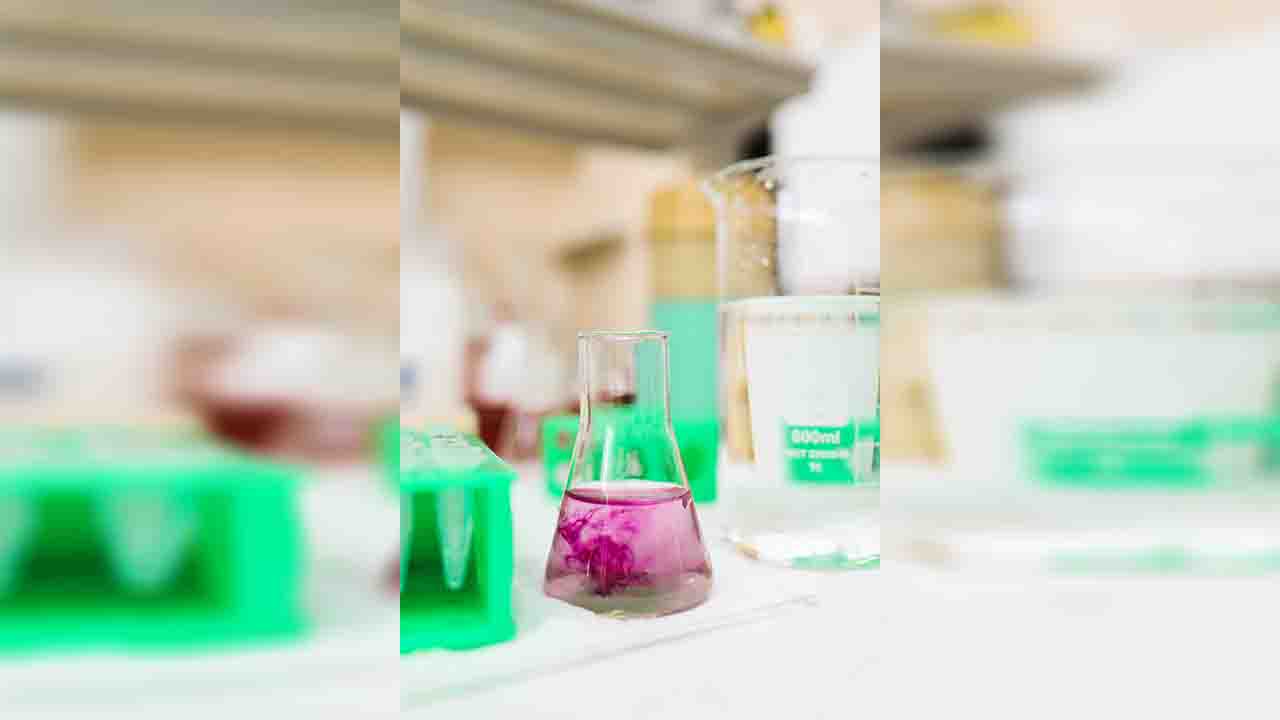Health Canada (Commonwealth Union) – A recent study has provided new insights into the role of gut microbial communities in maintaining a healthy immune system and protecting against harmful pathogens.
The research, published in the journal Science Immunology, offers significant revelations about the transformation of monocytes, a type of white blood cell, into macrophages, which play a critical role in eliminating foreign microorganisms and initiating immune responses.
Lead author Pailin Chiaranunt, a PhD student in the Department of Immunology at the University of Toronto’s Temerty Faculty of Medicine, shared her journey from discovering the microbiome as an undergraduate student to developing a passion for immunology as a research technician.
The study focused on macrophages, essential immune cells responsible for engulfing cellular debris and foreign microorganisms while kick-starting the immune response. The researchers discovered that the conversion of monocytes into macrophages in the gut is dependent on both a diverse microbiome and a host factor known as CSF2. Through a series of experiments, Chiaranunt and her team identified ATP as the microbial factor that drives macrophage development. ATP, a molecule used as an energy currency across all life forms, is produced by resident gut bacteria.
The study also revealed the cooperative interaction between microbial and host factors in supporting a robust immune environment in the gut. ATP, generated by gut bacteria, activates immune cells within a network of small, lymph node-like structures along the intestinal tract. These cells, in response, produce the host factor CSF2, which stimulates monocytes within the structures to transform into ready-to-respond macrophages.
Furthermore, the researchers demonstrated that the macrophages originating from this pathway have high metabolic activity, leading to the production of numerous antimicrobial chemicals called reactive oxygen species. The abundance of these chemicals contributes to the gut’s immune system’s ability to defend against microbial intruders effectively.
“That was a really cool finding because it suggests a new way in which microbial metabolism can directly impact immune cell metabolism,” added Chiaranunt, who recently defended her PhD thesis and is getting ready to commence a postdoctoral fellowship at the University of California, San Francisco.
The assemblage of microorganisms residing within and on our bodies plays a pivotal role in determining our health and susceptibility to disease. Distinctive features of the microbiome, such as the abundance or scarcity of particular species, have been associated with a wide range of health outcomes, spanning from autoimmune and mood disorders to cancer risk and responses to treatment, as indicated by the researchers of the study.
Chiaranunt’s fascination with understanding the intricate interplay between the microbiome and the immune system, particularly within the gut, motivated her to pursue a Ph.D. at the University of Toronto. She joined the research group of Arthur Mortha, an associate professor of immunology in the Temerty Faculty of Medicine, known for his investigations into the dynamic crosstalk between the immune system and the gut microbiome.
“The gut is probably one of the most dynamic ecosystems in the body because you essentially have the outside environment inside of you,” explained Chiaranunt. “There’s a lot of work the immune system must do to maintain a balance between tolerating helpful microbes, food and other outside factors, and being able to mount an effective defence against pathogens like salmonella that might show up.”
Apart from other researchers in Mortha’s laboratory, the study also involved collaborative efforts with Slava Epelman, a scientist affiliated with the Toronto General Research Institute at the University Health Network and a clinician scientist in the Department of Medicine within the Temerty Faculty of Medicine at the University of Toronto. Additionally, Thierry Mallevaey, an associate professor of immunology in the Temerty Faculty of Medicine, was also a part of the research team.
Mortha, Epelman, and Mallevaey are all members of the Emerging and Pandemic Infections Consortium, which is an Institutional Strategic Initiative at the University of Toronto dedicated to devising innovative strategies to counter infectious threats.








